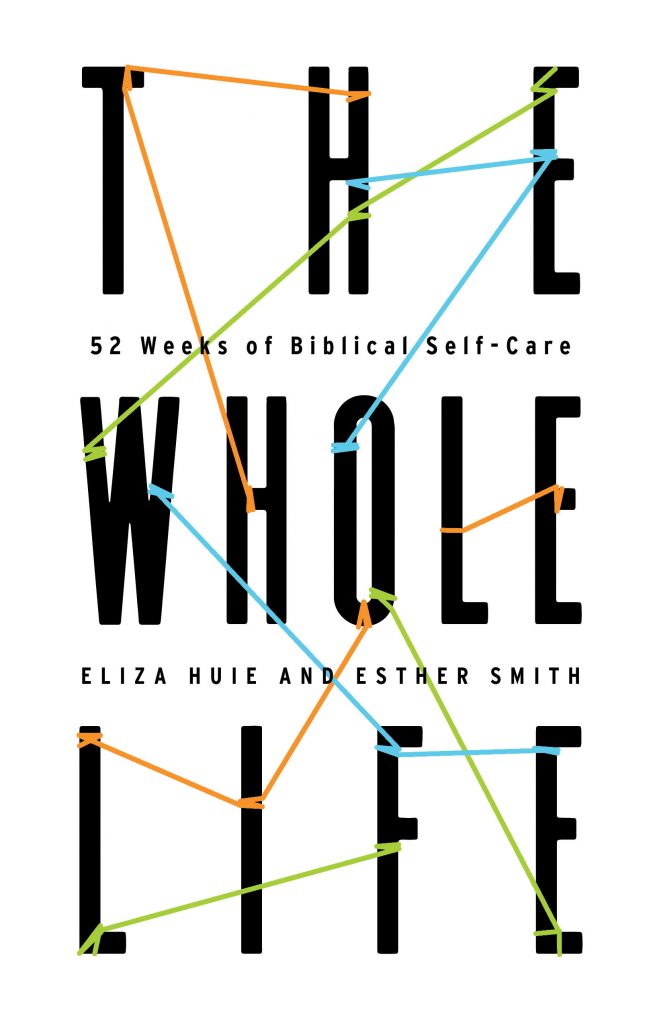Overwork can be a temptation for me. Sometimes I overwork because I enjoy what I do. When meaningful opportunities arise, it’s hard to say no. Other times, I see unmet needs and desire to help, so I say yes to new commitments even when it feels like too much. On still other occasions, I pile on projects because work distracts me from my problems and makes me feel useful and productive. Responsibilities add up and various work tasks coincide at the worst possible times until I have no choice but to push through.
How to Grow Weary in Doing Good
A recent season of overwork left me feeling tired. My brain felt fried. I became more forgetful and small tasks felt overwhelming. My work performance and overall mood subtly declined. Efforts to exercise, sleep, and eat regular healthy meals dwindled. I spent less time soaking in the outdoors and hurried through my time with the Lord. Skipping and shortening these self-care practices left me with more time to work, but I soon realized just how counterproductive this approach was. Looking back, I see how my tiredness and stress affected other people. My failure to care for myself meant other people didn’t get my best.
You might describe my state at this time as “growing weary in doing good.” Yes, the way I was living was exactly what Galatians 6:9 (NIV) exhorts against when it says to “not become weary in doing good, for at the proper time we will reap a harvest if we do not give up” (emphasis added). Overwork had left me tired and unexcited about doing good works. I wasn’t ready to give up, but I certainly felt like I needed a long break.
How to Not Give Up
And that’s exactly what I did. I took a break. I stepped back from responsibilities as I was able, because not giving up doesn’t mean never pausing to rest. When we are exhausted, Jesus doesn’t admonish us to work harder. He invites us to come with him to a quiet place. When we are so busy we don’t have time to eat, Jesus doesn’t exhort us to ignore our needs. He invites us to rest (Mark 6:31).
We grow weary in doing good when we live in denial of how God created us. Our bodies have physical needs, our minds desire rest, our souls crave nourishment, and our relationships require upkeep. When we fail to care for all parts of ourselves, our health and well-being suffer. We feel burned out and our functioning begins to decline. Other people experience the fallout with us.
Do you feel weary in doing good? Do you want to know how to not give up? It doesn’t happen through plowing ahead. The answer is not to gain a new mindset that is impervious to stress and burnout. Not giving up requires building sustainable ways of living that enable us to carry out good works over the course of a lifetime. We need practices and rhythms built into our lives that rejuvenate us so we can return to our work with a sense of energy and excitement at the start of each day, week, and year.
How to Sustain Good Works
In our book, The Whole Life, my coauthor, Eliza Huie, and I call these rejuvenating practices biblical self-care. We define biblical self-care as the practice of drawing on divinely given resources to steward our whole lives for personal enrichment, the good of others, and the glory of God. Biblical self-care helps us sustain good works without burning out or growing weary in doing good. If you need this, a few questions can help you incorporate self-care into your life.
- How can you build a sustainable daily routine? Are you pausing to eat, hydrate, move your body, and spend time with the Lord? Are you stopping for breaks and ensuring work doesn’t leak into every hour of the day?
- How can you create sustainable rhythms in your weekly schedule? Are you remembering the Sabbath? Do you create blocks of time away from work to play, go to doctor’s appointments, and spend time with friends?
- How can you develop a sustainable pace in your yearly calendar? Do you take vacations? Do you have measures in place to prevent intensely busy seasons from turning into lifelong patterns of overwork?
Join Us for a Year of Biblical Self-Care
Biblical self-care doesn’t always come naturally. Figuring out sustainable ways of living is a lifelong journey, and it’s easy to slip into seasons of overwork along the way. We all need encouragement and accountability as we consider what it looks like to steward everything God has given us—including ourselves.
If you feel weary or overworked, we hope you will join us in a year of biblical self-care. Accept Jesus’s invitation to come away and rest. Join us in experiencing how caring for ourselves can maximize the ways God can work through us for other people, and ultimately, his glory.
The Whole Life: 52 Weeks of Biblical Self-Care
The Whole Life outlines a balanced life of stewardship, offering practical strategies for Christians to grow in honoring God and caring for others. Eliza Huie and Esther Smith focus on six key areas: faith, health, purpose, community, work, and rest.
Photo by Nataliya Vaitkevich from Pexels






